26 November 2024
Dr Alex Spencer is an immunology lecturer at the University of Newcastle and leads the vaccination and infection immunology research group at the Hunter Medical Research Institute in Australia. Her extensive experience in translational vaccine immunology played a pivotal role in developing the Oxford-Astra Zeneca Covid-19 vaccine during the recent pandemic.

Dr Spencer recently visited the Malaghan Institute to share her insights gained over 16 years at the University of Oxford, developing vaccines against a range of infectious diseases, including malaria and Covid-19.
“Infectious diseases account for 23% of global deaths, with 64% of these being children under five,” says Dr Spencer.
“Vaccines have proven to be the most effective way to control infectious diseases, yet we still lack effective vaccines for many diseases”
For malaria, developing a vaccine has been challenging because it is caused by a parasite, plasmodium,which has a complex life cycle. It presents with different forms and proteins at each stage, making it hard to identify a single target for the immune system to attack effectively. The plasmodium parasite can evade the immune system by hiding within human liver and red blood cells, which makes it difficult for immune cells to detect and destroy. This ability to remain undetected, combined with genetic diversity among different malaria strains, means that a malaria vaccine needs to stimulate a highly targeted and robust immune response capable of overcoming these evasive strategies.
Dr Spencer and her team at Oxford pursued a range of vaccine strategies, using viral vector vaccines tailored to the parasite’s lifecycle. A viral vector vaccine uses a modified virus, different from the one that causes the disease, to deliver genetic material into cells. This genetic material instructs cells to produce a harmless part of the pathogen, often a protein, which triggers an immune response. Viral vector vaccines can be produced quickly because they don’t require synthesising part of the infectious pathogen itself.
The team conducted extensive preclinical tests and set up multi-centre clinical trials to test the effectiveness of this malaria vaccine.
“Ultimately, the viral vector vaccine offered partial protection but not enough immune response to protect against future infection,” says Dr Spencer.
However, when Covid-19 emerged, this foundational research played a crucial role in the rapid development of the Oxford-Astra Zeneca Covid vaccine. The preclinical work, along with extensive clinical trials, laid the essential groundwork for developing and testing the Covid-19 vaccine at record speed. The infrastructure built over years, protocols for preclinical evaluation, partnerships with regulatory bodies and a global network of clinical trial sites, meant that when the pandemic hit, the team at Oxford were ready. They could swiftly adapt existing processes to assess the Covid-19 vaccine’s safety and efficacy, accelerating its path to regulatory approval.
“We applied our knowledge and experience from developing viral vectored vaccines against a variety of disease to Covid-19,” she says.
“It shows the importance of laying the groundwork for pandemic preparedness.”
In 2022, Dr Spencer returned to Australia, where her team at the Hunter Medical Research Institute is researching T- and B-cell responses following vaccination in order to tailor vaccine designs for specific diseases.
Dr Spencer’s work shows how testing vaccines, even those that do not ultimately make it to the clinic, is invaluable.
“Every vaccine trial, successful or not, builds essential scientific knowledge and paves the path to future vaccines. Ultimately, this helps us better prepare for when the next public health crisis arises, accelerating the path to vaccines that will save lives.”
Related articles
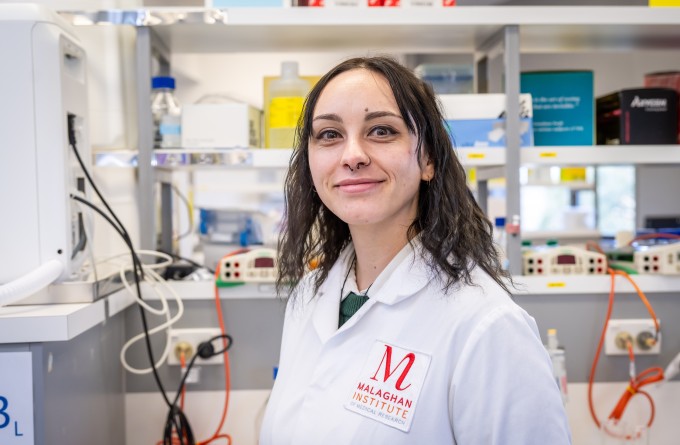
How our immune system tackles fungal foes
23 October 2025
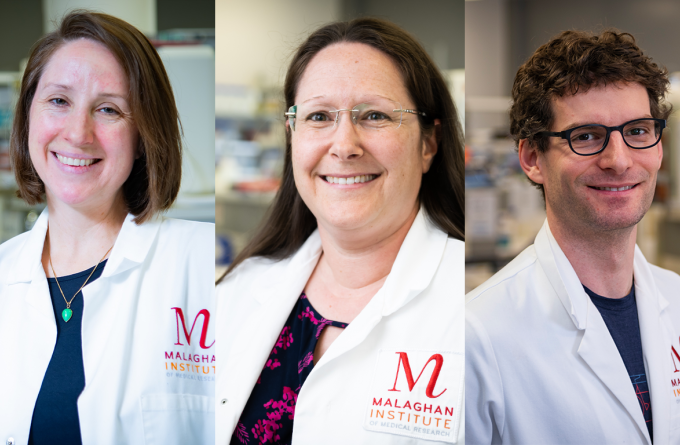
New funding supports cutting-edge research into immune cell metabolism
13 October 2025
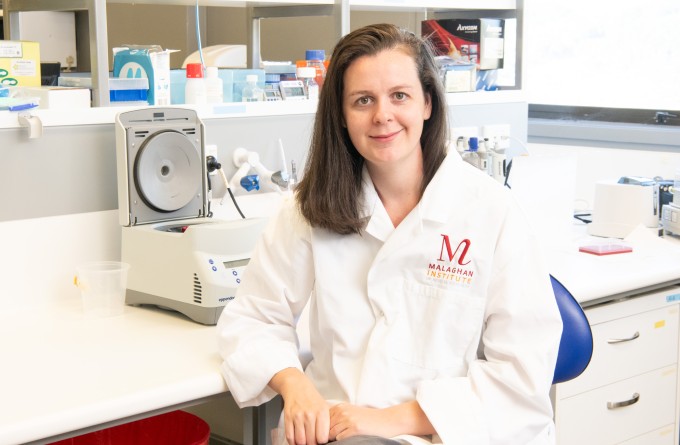
The Detail: The viral drift of misinformation
29 September 2025
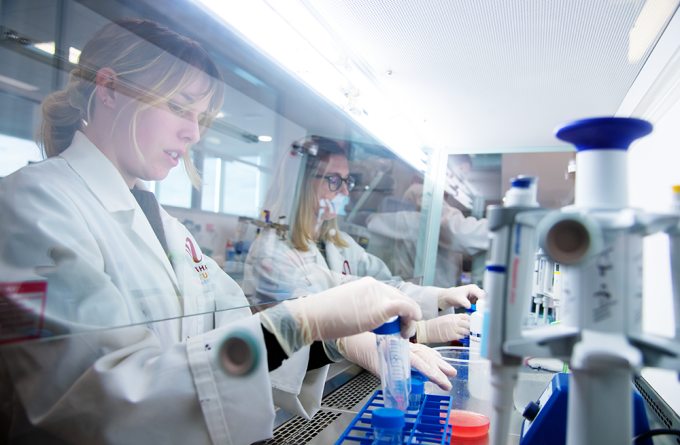
Cancer, measles and allergic disease research funded in latest HRC grants round
19 August 2025
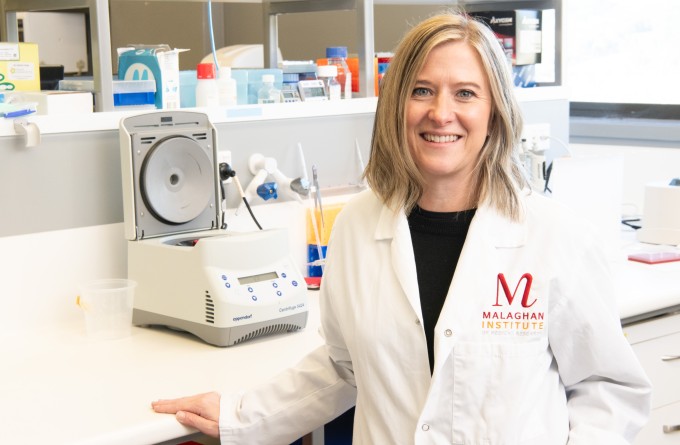
Dr Lisa Connor: Finding new ways to target old viruses
24 July 2025
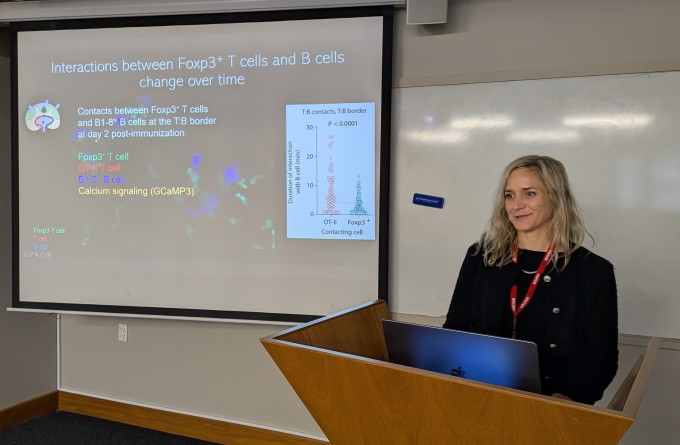
Malaghan visiting researcher: Dr Johanne Jacobsen
22 July 2025
